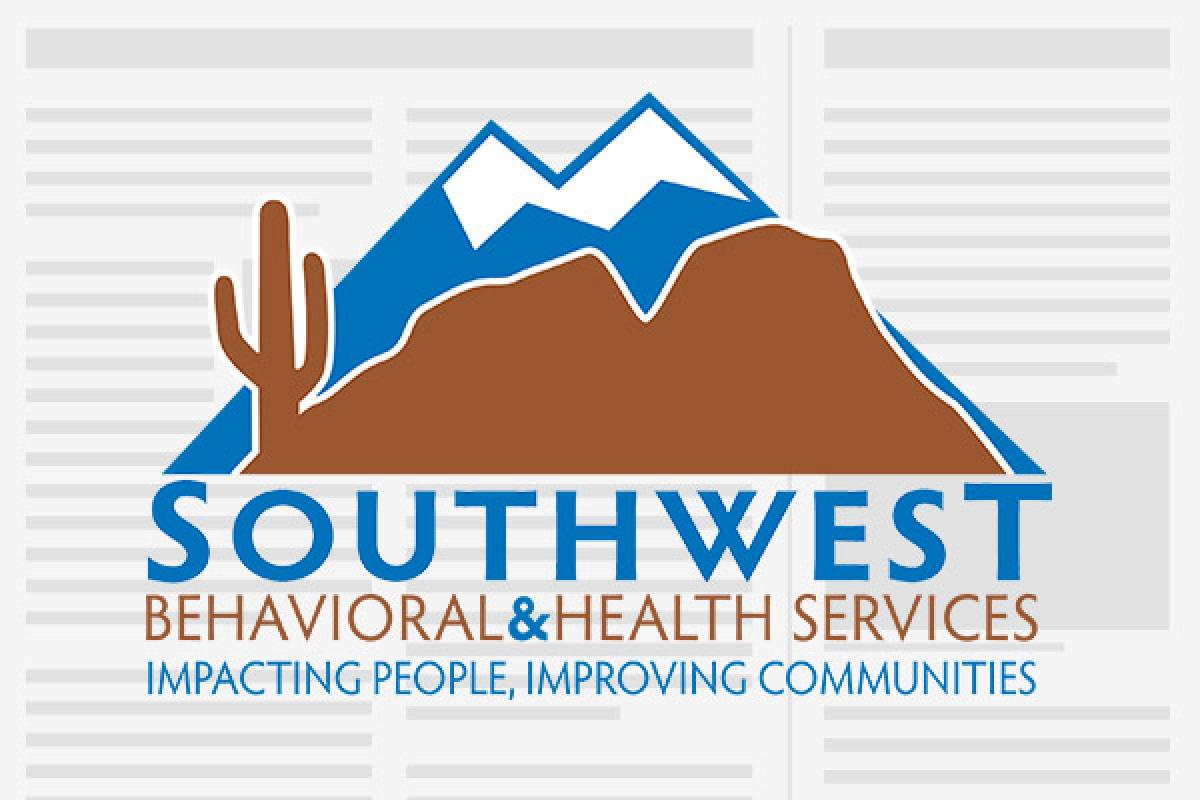
It is back-to-school time and helping kids succeed academically is top of mind for many parents. Aside from what kids will learn this year from their teachers, there is a great deal that parents can learn from teachers as well. Here are our top 5 tips from teachers for a successful school year.
1. Communicate clear expectations
Kids need clarity and sometimes we adults assume that they understand it because we’ve said it. That’s not always the case. This can be a common pitfall at the beginning of the school year in establishing morning and bedtime routines, homework rules, chores, and those import prevention practices. Teachers have to communicate expectations clearly to their students at the outset of every year, and repeatedly throughout the year. Here are some guidelines as to how they do it. Use positively worded messages. Tell your child what you want them to do, not what you don’t want them to do. For example, instead of saying, “Stop leaving your shoes in the way when you get home,” say, “Please put your shoes in the closet.”
2. Focus on relationship-building

Teachers work hard to get to know and build rapport with their students. This lays the crucial foundation for their role as an important guide in their students’ lives. Become the “askable” parent so your kids will turn to you when they have worries and doubts instead of turning to their friends, or worse, to substances. Practice active communication. You don’t know what that is? No problem! A great way to learn how to accomplish this is to attend a DrugFreeAZKids.org evidence-based parent workshop offered all over the valley!
3. Have a plan
Teachers painstakingly plan their instruction with the final outcome in mind. Think about what kind of adult you’d like to raise. What do you need to be doing now to reach that result?
a. Life can get hectic and patience can wear thin when each family member is spinning off in their own direction. Strike a more harmonious tone in your household by having family meetings so that schedules can be synched, menus planned and materials gathered with fewer stressful surprises.
b. Will schedules dictate your kids being home alone? Be sure they’re ready to handle this responsibility. Set clear rules and a back-up contact in the event your child needs an adult’s assistance. Ask your child what potential problems they might anticipate and discuss possible ways to handle them.
c. Address prevention. Good news! Parents have a lot of influence over their children and teens. Capitalize on this strength by talking with them early and often, as young as the preschool years. Set up a family policy with everyone’s input. Kids whose parents speak with them about the dangers of drugs and alcohol are up to 50% less likely to try them.
4. Give you child responsibility
Give your child responsibility, even though he/she may goof up. Teachers would rather have a student experience the natural consequence at school for, say, not having homework in, than miss the chance to build responsibility if Mom or Dad brings it in for the child. Allowing a child to figure out how to solve his own problem communicates that you have confidence his capabilities (assuming the problem does not involve health, safety, family values, or is beyond the child’s maturity). Self-esteem and responsibility is built on facing and overcoming challenges.
5. Think about the values you want your child to have

Empathy is important in every classroom. If kids don’t feel emotionally “safe” in the classroom environment, learning won’t happen. Studies have shown that the majority of children believe that their parents value achievement over caring. Clarify your core values in your own mind, so that you will be able to instill them in your kids.
We at DrugFreeAZKids.org wish your family a new school year filled with growth, learning and great prevention!














